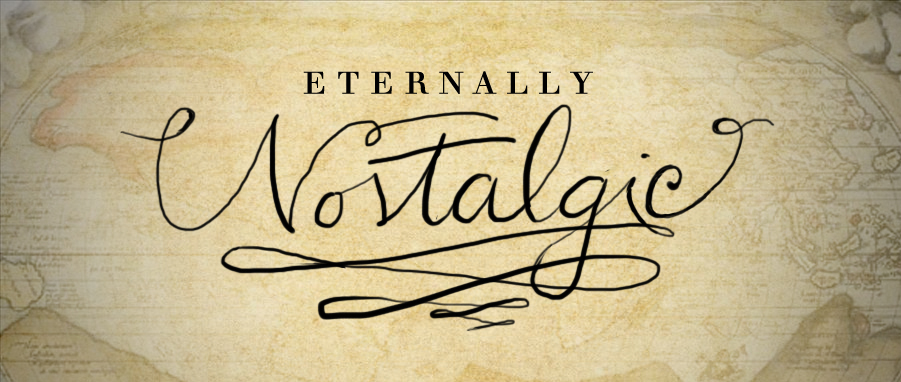These words sound better to the tune of this.
"we've lived in bars and danced on the tables hotels trains and ships that sail we sim with sharks and fly with aeroplanes in the air"
"It is always important to dance."
This phrase recurs in my friend Jonathon's book, as a life philosophy that merits reiteration.
I had never thought of dancing as something that invites the adjective "important" until I moved to Guatemala, where Jonathon and my friendship was born. My Guatemala was steeped in importance and imperatives, in trauma and injustice. It was an outsized kind of importance, the kind that shows you the limits of your knowledge and highlights the boundaries of what you can do to understand mass atrocities and serve their survivors. At no point did I feel qualified for the tasks required of me in Guatemala; and even if in some universe, I were qualified to perform the tasks themselves, no part of me was prepared for the emotional weight, vicarious trauma, and ceaseless heartbreak.
It seems curious, then, that Guatemala was where we danced. We danced with vigor and with no shame, with no reservation and with gusto---every single time, with gusto. We danced on beaches and atop volcanoes, in living rooms and on coffee tables. Perhaps that was the place that inspired Jonathon to posit that "it is always important to dance."
In my homeland Greece, dance is barely a contact sport. Fingers may graze each other, but for the rest of it, you are on your own. You are fully responsible for wiggling your own shoulders, moving your own knees, swaying your hips, without the help of hips glued onto your own. Much of what I love about dancing in Latin America calls back to my original conception of dancing. While salsa and merengue inspire more affection than my native Syrtaki, they evoke jubilation and look like hugs in motion. It is perhaps these preconceived notions of mine about dancing that made "grinding" an enigma when I arrived at an American college campus at the age of 17. My idea of dancing involved synchronized skipping around, jubilant bopping, wiggling and nodding along and smiling, endless smiling---and maybe doing all that atop a table or two, yelling Opa! for good measure.
Rediscovering that obscure genre of dancing in Guatemala felt like a homecoming---a realization that when the workday came to an end, others would wish to join me for a round of salsa or a wiggle on top of a table. Others felt, like Jonathon did, that "it is always important to dance." The Guatemalan table-dancing marked me in ways that became impossible to forget, delivering another imperative: to continue dancing, with gusto, everywhere.
And so there was the summer of 2012, on a Halkidiki beach in Greece, with some of my best friends, sweat dripping down our faces, sand on our feet. There were hoarse voices and tsipouro and broken glass and stomping around and knowing every word. There is a beauty to dancing in your own language.
There was the first Los Fletcheros concert, put on by the illustrious band of my beloved graduate school. This, too, came with ample stomping and hugging---so much hugging. Every dancing experience comes with its own soundtrack. If there were a soundtrack to my Los Fletcheros this year, it would be that of nostalgia: The Killers, Mumford & Sons, MGMT. It would be the soundtrack of youth.
This past weekend, Los Fletcheros performed on my graduate school's annual ski trip, a tradition imbued with wine, flurries, and more kissing than a library typically inspires. Graduate school dancing reminds me of all I have loved about Greece, Guatemala, and everywhere in between: it is affectionate, but not intrusive; jubilant, but (ehm, usually) not sloppy. It is undeniably alive. This is what has motivated me and Taryn---jokingly, I hope---to want to open a club called The Graduate Student.
True to our graduate student selves, Katherine and I danced on a windowsill. Friends kissed in the background. Yet other friends nearly spilled drinks on the band. Thirteen of us left our cards at the bar. Who-knows-how-many actually collected them the next morning. We went home with the wrong jackets, each other's scarves, or no jackets and scarves at all.
We all need hugs in motion, sweaty faces, hoarse voices. All hearts need to move, and be moved. And, courtesy of Los Fletcheros, I am starting my life this week with an extra dose of whimsy. This column is called Eternally Nostalgic and, in some senses, I feel that this reflection is doing its namesake an injustice. Can you be nostalgic about an experience that you just had---an experience which you are, in effect, still having? Los Fletcheros inspire a different, sweeter sort of nostalgia: a nostalgia for the moments in which you felt truly alive. An ode to whimsy, if you will.




